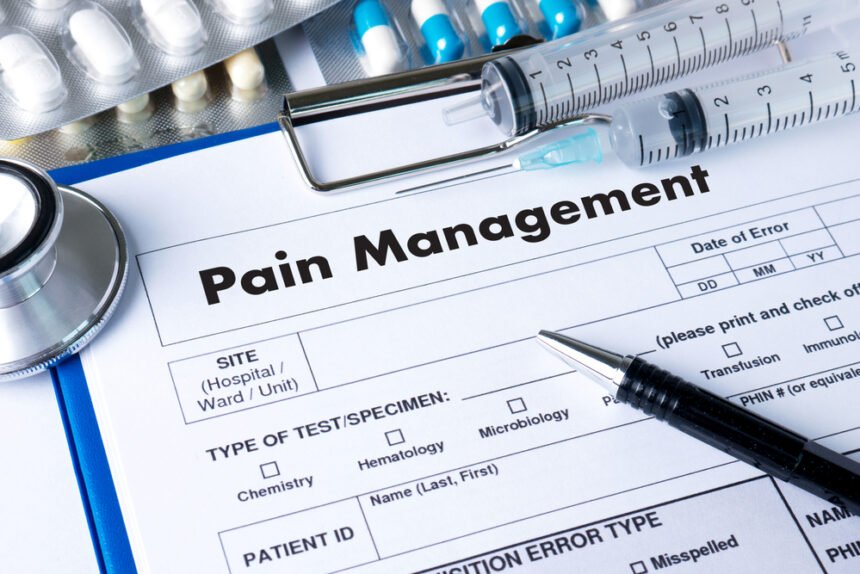Physical pain is a feeling everyone experiences in varying degrees during their lifetimes. However, for people with certain chronic illnesses or physical ailments, pain can be intense and last for extended periods of time. Unfortunately, many of these patients turn to opioids, which fail to address the underlying cause of pain, because they aren’t aware of other options.
Fortunately, a branch of medicine known as integrated pain management might be able to offer chronic pain sufferers some relief. Cactus Medical Center, a medical facility in Peoria, Arizona that offers specialized chiropractic, rehabilitation and physical medicine, provided us with these five signs that it’s time to find a pain management doctor.
Pain Management Overview
Pain management involves a team of medical professionals working together to identify the most optimal methods of helping their patients overcome or lessen pain precipitated by any number of causes. The approach offered to each patient is unique depending upon the underlying condition and their discomfort’s intensity. Specific therapeutic protocols may include physical therapy, chiropractic care, therapeutic massage, injections and the employment of lifestyle changes.
Five Signs A Pain Management Doctor Might Be Indicated
“Someone should seek out a pain management doctor when pain starts to limit your activities and prevents you from doing things that you enjoy. Oftentimes we try home remedies when pain starts, and that is great when it works. But, for those issues that persist for more than 1-2 weeks with home remedies, then it is necessary to see a pain management doctor,” explains Dr. Casey Kulp of Cactus Medical Center.
When Pain Disrupts Everyday Activities
When pain interferes with someone’s ability to perform basic tasks or complete daily duties, consultation with a pain management specialist might prove beneficial. Should chronic discomfort impact an individual’s capacity to work, handle routine chores or even sleep, their quality of life will significantly diminish.
When The Discomfort Is Consistent
If pain begins mildly and gradually intensifies or the onset is severe, the subject in question might possess a serious underlying illness or injury necessitating immediate diagnosis and swift treatment.
When Initial Therapeutic Protocols Are Unsuccessful?
Physicians might initially treat seemingly mild to moderate ailments or physical maladies by employing protocols such as over-the-counter medications or a course of physical therapy. Should these remedial efforts not produce intended results, more aggressive pain management strategies could be required.
When The Pain Travels
Pain that begins in one specific bodily region and travels to other locations likely indicates a significant injury or malady. Moreover, bizarre occurrences, like tingling, numbness and mobility struggles might indicate that an existing injury has worsened and necessitates more significant intervention.
When There are Medication Dependencies
While medications have their place and often do alleviate physical discomfort, becoming reliant on such substances, especially powerful prescription drugs like opioids, could precipitate more harm than good. Prescription pain relievers could lead to addiction and painful withdrawal symptoms if usage is stopped.
“The amazing thing about integrated medicine is you are not relying on one provider to manage your pain, you have a team of providers all working together to manage your pain, without using medication,” explains Dr. Kulp.

